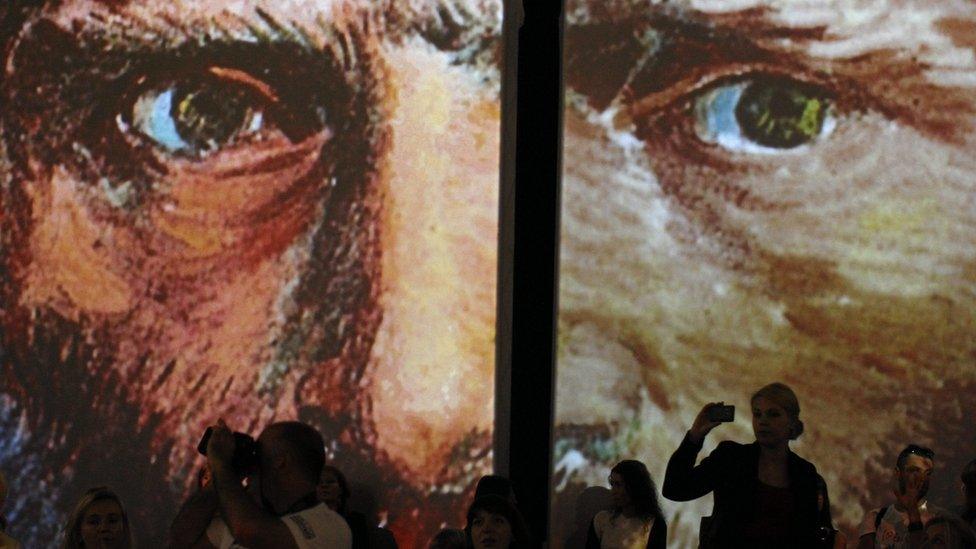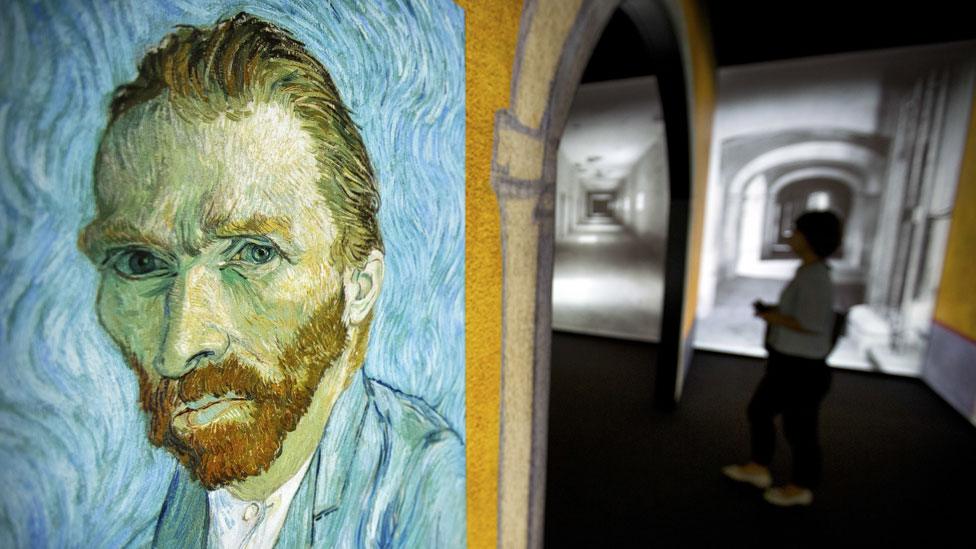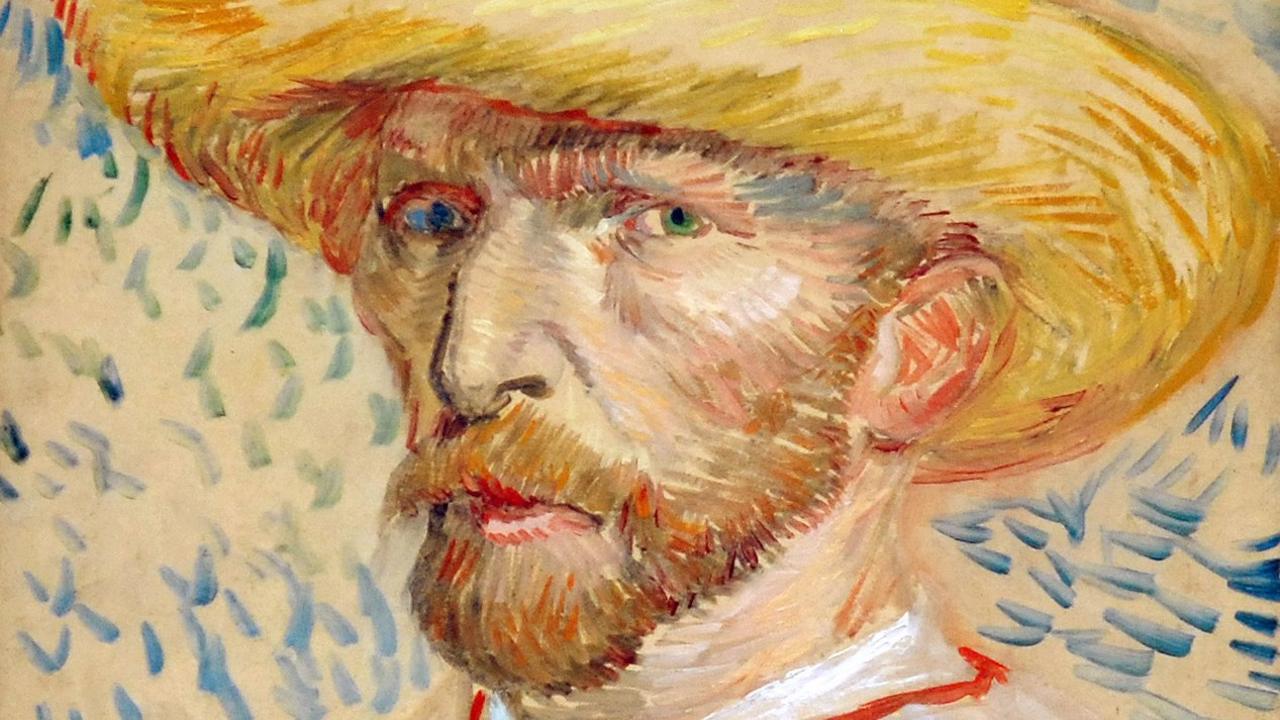Van Gogh: Painter 'suffered psychosis' in final 18 months
- Published

There was no single explanation for Van Gogh's mental state
Experts in Amsterdam have concluded that troubled Dutch artist Vincent van Gogh suffered a form of repeated psychosis in his final 18 months.
However, they could not reach a definitive diagnosis on his underlying mental state.
They said the well-documented breakdown that resulted in him cutting off his own ear in 1888 could have been the result of alcohol or stress.
Van Gogh died from a gunshot wound in July 1890, in an apparent suicide.
The gathering of medical professionals and art historians weighed up evidence, including many of the Dutch post-impressionist's letters.
Popular theories about his mental health have included bipolar disorder, schizophrenia or syphilis.
"One single thing cannot explain the entire picture of what happened to Van Gogh," medical ethics professor Arko Oderwald told the Telegraph, external newspaper.
Louis van Tilborgh, a professor of art history at the University of Amsterdam, told the New York Times, external some of the debate over Van Gogh was "fierce".
In July, new research suggested that Van Gogh had cut off his entire ear rather than just part of it.
Later that month, The Art Newspaper named the young woman he had given the ear to with the words "keep this object carefully" as farmer's daughter Gabrielle Berlatier.
- Published20 July 2016

- Published12 July 2016
